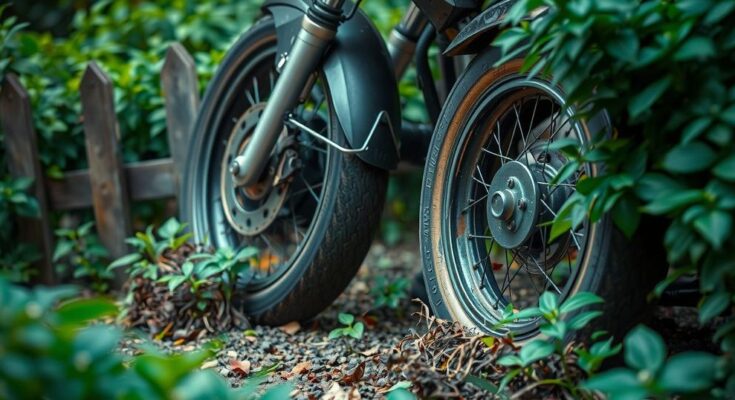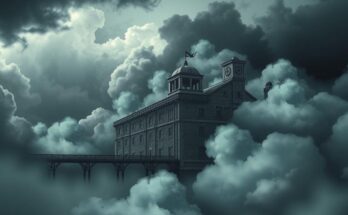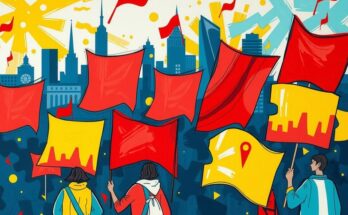In Monrovia, motorcyclists protested government-imposed restrictions on road access that negatively impact their livelihoods. Following a recent tragic accident, the Liberia National Police banned motorcycles on main streets, despite prior promises made during mandatory bike registration that included access fees. The protestors demand refunds and accountability from the government, emphasizing their economic importance while vowing to continue demonstrations until their demands are met.
On Monday, hundreds of motorcyclists in Monrovia protested against the government’s recent road access restrictions, which are detrimental to their livelihoods. These individuals rely on commercial motorcycling for income, connecting people to essential services and markets in a country with limited job opportunities. This protest stems from perceived governmental failures to honor commitments made during the mandatory bike registration process that required substantial fees for access to main roads.
The unrest was triggered by enforcement actions taken by the Liberia National Police (LNP) following a tragic accident involving a motorcyclist. The LNP recently imposed a ban on motorcycles in crucial areas of Monrovia, allegedly to enhance road safety and reduce accidents. However, many motorcyclists feel deceived, as they had previously paid for the right to access these very roads.
Trokon Reginald Grimes, also known as “Yellow Machine,” articulated the economic struggles of motorcyclists, emphasizing their reliance on this work for survival. He condemned the current administration for collecting registration fees without providing the promised services. Grimes stated, “We don’t want to steal, we want to survive, and the streets are our only means of survival.”
One protestor expressed personal economic distress, stating that they have lost basic support due to their inability to operate their motorbike. Another participant reinforced the importance of motorcyclists to the Liberian economy, asserting the need for justice for imprisoned colleagues and calling attention to their significant contributions.
The protests also demand accountability, including a refund of registration fees and the resignation of Police Inspector General Gregory Coleman, who they believe is targeting their community unfairly. Despite the protests being peaceful, the motorcyclists intend to continue until their demands are met. Grimes noted, “Every Monday, until this ban is lifted, we will continue protesting peacefully.”
Conversely, Inspector General Coleman defended the motorcycle restrictions as necessary for public safety. He pointed to accident statistics involving motorcycles, asserting that the imposed spatial limitations aim to reduce hazards on the streets. The government maintains that maintaining safety is the priority, despite the motorcyclists feeling oppressed by these measures, which they argue are adversely impacting their livelihoods.
The recent protests by Liberian motorcyclists highlight a significant conflict between the government’s road safety measures and the economic realities faced by these individuals. Despite claims of public safety, the restrictions on road access have led to widespread economic discontent among motorcyclists, who fear for their livelihoods while calling for accountability. Until their demands are met, they remain committed to advocating for their rights to work freely on the roads they paid to access.
Original Source: frontpageafricaonline.com




